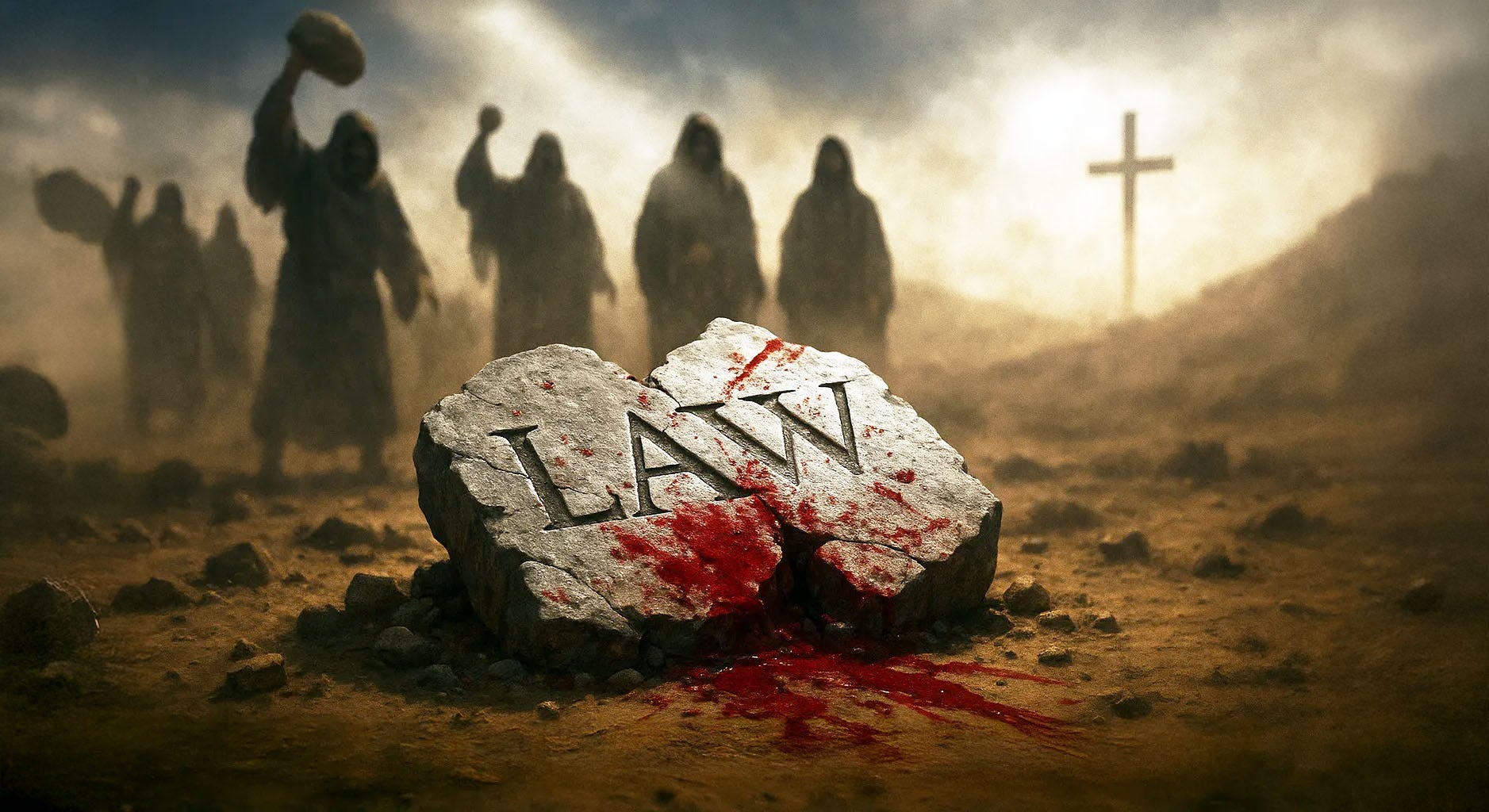7 Barbaric Bible Laws Evangelicals Still Defend
They call it God’s perfect Word. Read it yourself and decide if it’s holy—or horrifying.
Evangelicals love to shout that the Bible is “God’s perfect Word.” No mistakes. No contradictions. Just divine truth from cover to cover.
But once you strip away the hymns and Hallmark quotes, the Bible reads less like moral guidance and more like a torture manual dressed in ancient poetry.
If these same verses came from any other religion, evangelicals w…



